Breaking
- MENU
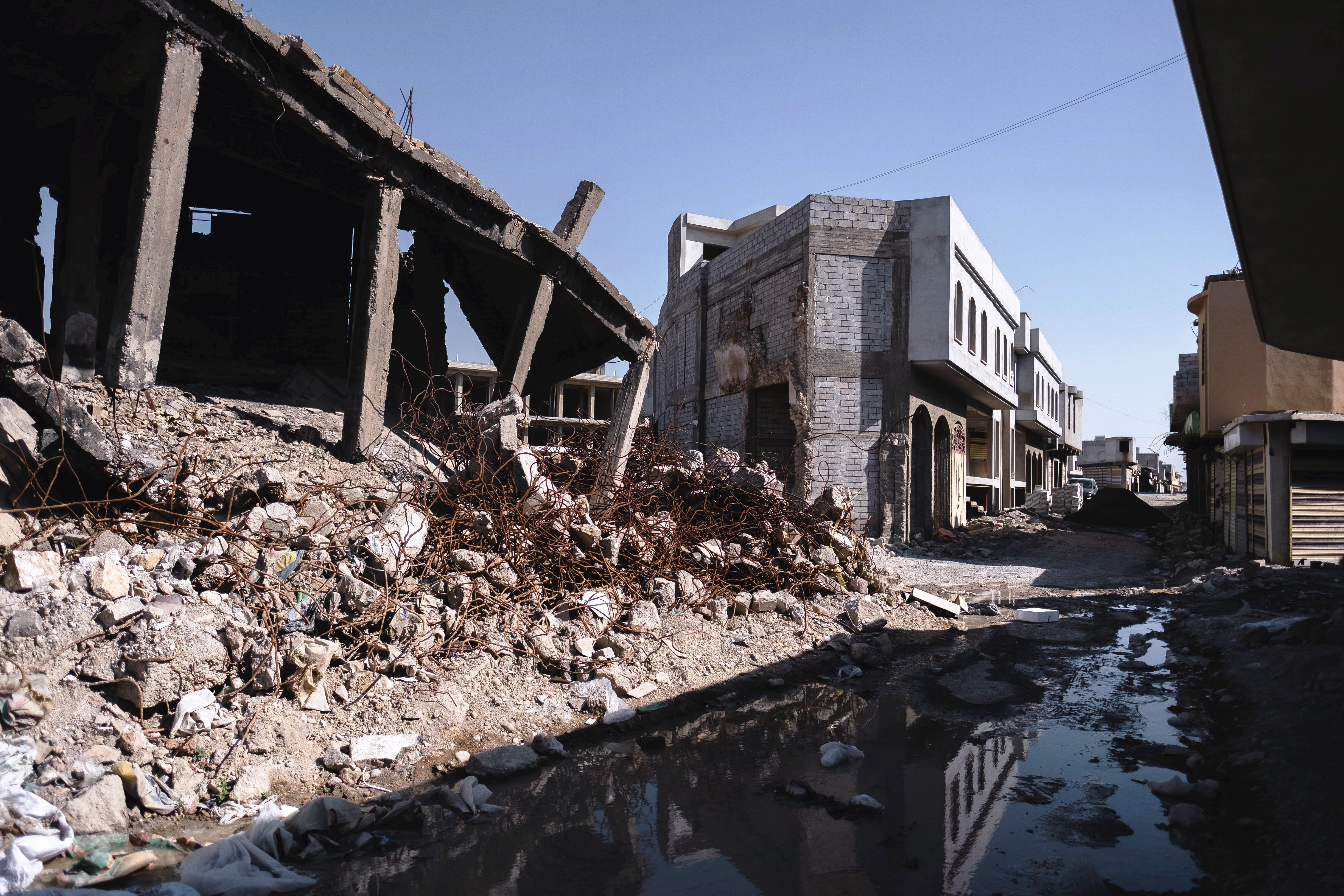
The twelfth MEI Speaks held on 16 September 2020 was a book discussion on Islamism, Crisis and Democratization co-authored by Professor Hussein Solomon, University of the Free State, South Africa. The session was moderated by Dr. Sreeradha Datta, VIF, New Delhi.
Professor Solomon commenced the talk with the observation that the current developments in the Middle East, including the Gulf States normalizing ties with Israel, are symptomatic of changing attitudes of people in the region. Instead of state behaviour, he focuses on the society in the book to examine the possibility of democratisation in the region. The book draws on the recent World Value Survey (WVS) database since it is comprehensive and covers 80 per cent of the world population. Other sources include surveys done by Pew Research Center and the BBC. He underlined that, while the book focuses on macro trends, there are case studies of a few countries. The book, he underlined, also examines themes such as Sharia, hadith and the interface between political democratisation and economy.
Professor Solomon underscored that the book reflects a “cautious optimism” and detailed numerous surveys to substantiate his argument. Despite some encouraging reports from the region, a few surveys were unsettling. For instance, 10 per cent of the population in countries like Egypt, Jordan, Lebanon and Tunisia support organizations like Hamas and Hezbollah. The support for Sharia in countries like Iraq, Iran, Morocco, Egypt, Jordan, Algeria, and Tunisia is as good as 50 per cent. An overwhelming chunk of the population in Lebanon, Egypt, Jordan and the Palestinian territories support stoning people for adultery and honour killings of female offenders. More than 20 per cent of the population in Libya, Yemen, and Algeria reject having a neighbour of a different faith. Also, there is a deep distrust of public institutions such as police and courts among the people. All this suggests a bleak prospect for democratisation in the region.
However, there are brighter sides, as well. There has been a sea change in values of the Arab world, since these societies went through the process of urbanisation, modernisation, and globalisation, facilitated by modern technologies. Professor Solomon observed that Arab societies are now more open to the West. He underlined that there is no correlation between Muslim religiosity and the detest for democratic principles. Muslims do not form a monolith group and consist of both orthodox and modernists believers.
He drew attention to the Arab Youth Survey of 2019, conducted in 15 countries that demonstrates that the youth in the region have become more secular and thereby see religion as a primary reason for regional turmoil. Access to the internet has made them more acceptable to other cultures and civilisations. Accordingly, there has been a steep decline in support for the Islamists and the transformations have touched countries like Turkey and Iran as well; Iran claims that 99.5 per cent of its population is Muslim. He also stressed that Muslims in the region see no dichotomy in following Islam and their support for political freedom. He cautioned to refrain from the superimposition of ethnocentric Western understanding of democracy over the Middle East. The Islamicity-index, established by a group of scholars, substantiate the observation that Western countries better reflect Islamic institutions than countries that profess Islam.
During the Q&A session, Prof. Solomon said that democracy could not exist without freedom, which is all-encompassing. Furthermore, he mentioned that economic liberalisation could not be dissociated from the democratisation process. On the question of the confluence of religion with politics, he said that religion must respect the spirit of the time and be flexible; and politics sullies religion and must be kept separate from each other. He highlighted economic liberalisation as indispensable and economic growth as central to stability in the Middle East.
Finally, Honorary Director MEI@ND concluded the session and thanked all the guests and participants.
As part of its editorial policy, the MEI@ND standardizes spelling and date formats to make the text uniformly accessible and stylistically consistent. The views expressed here are those of the author and do not necessarily reflect the views/positions of the MEI@ND. Editor, MEI@ND: P R Kumaraswamy
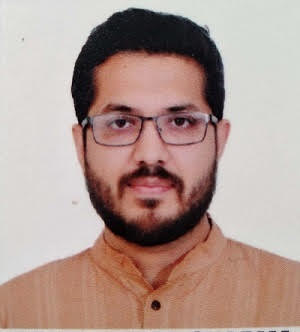
Rohit Kumar Sharma is a research scholar in Centre for West-Asian Studies, JNU. He is a law graduate and holds a master’s in international relations from South Asian University and his master’s dissertation examined the Hindutva discourse on Israel. Currently, he is working on Evolution of Cyber Security in Israel for his M Phil degree.
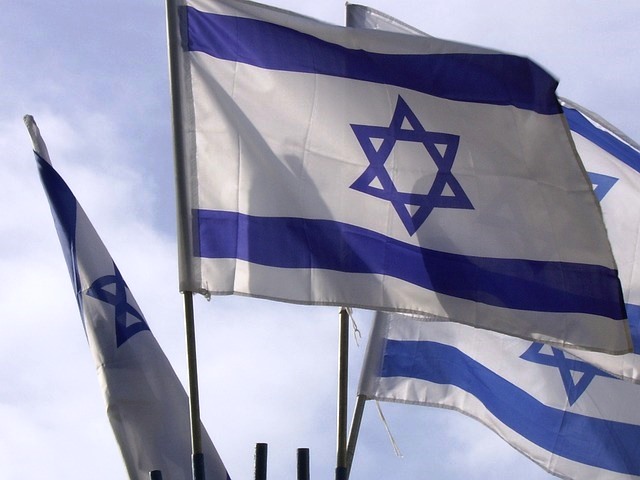
After being in the news for years and most of it for the wrong reasons, Shalev Hulio, co-founder and.....
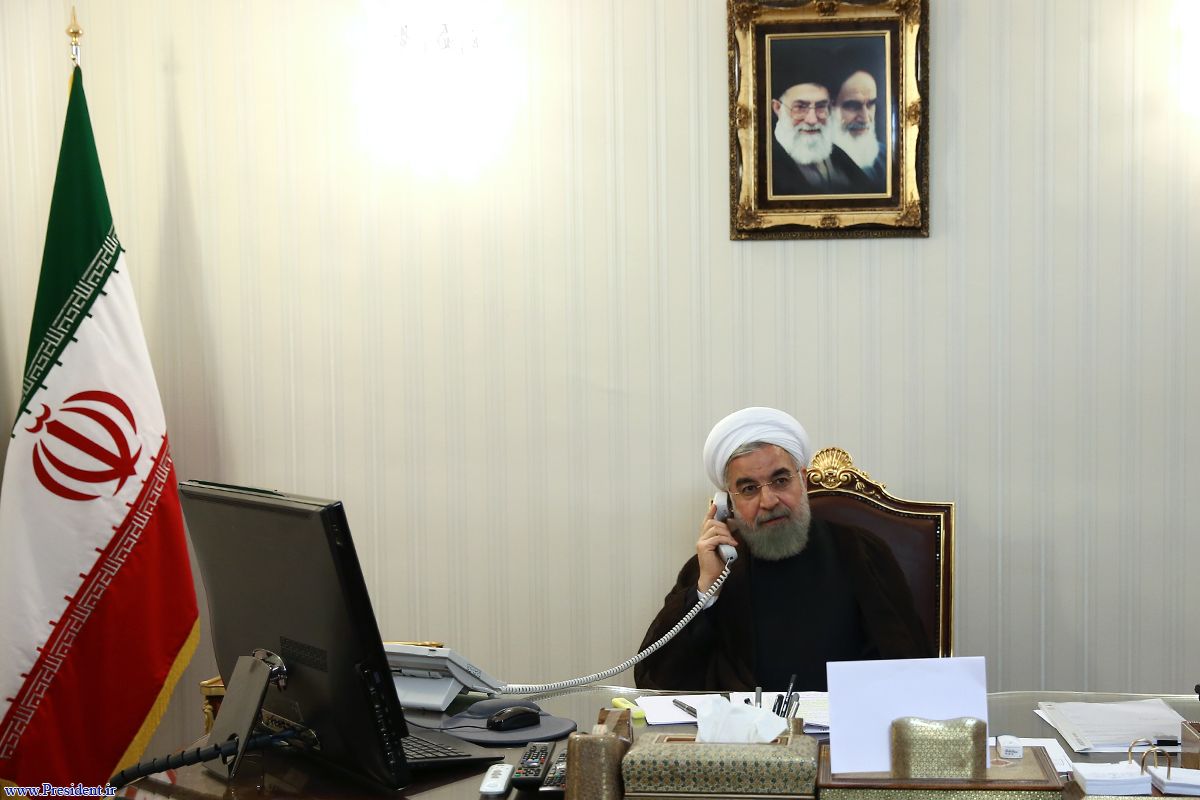
©MEI Exclusive In the recent 11-day Israeli-Palestinian armed conflict both sides reported a.....
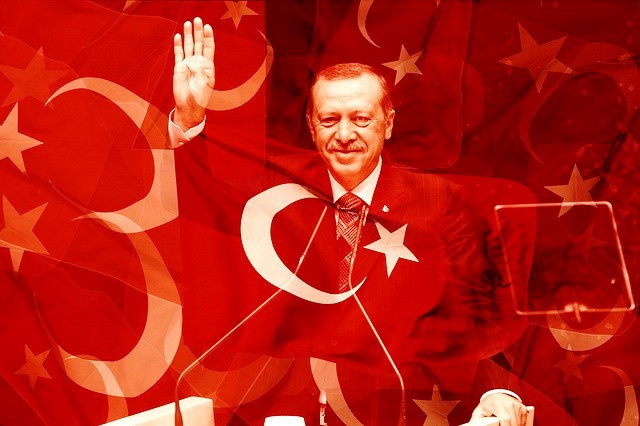
The eleventh MEI Speaks held on 9 September 2020 was a book discussion on Erdogan’s Turkey: Po.....
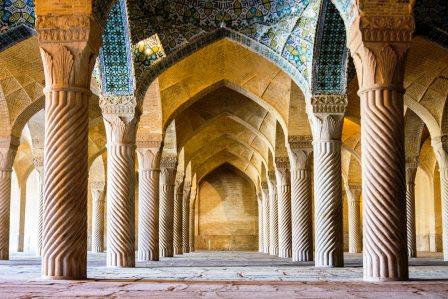
The tenth online MEI Speaks held on 2 September 2020 was a talk on Challenges Ahead: The Future of I.....

The ninth MEI Speaks on 26 August 2020 was a talk on Israel’s Bridge to the Gulf by Mr. Jason .....
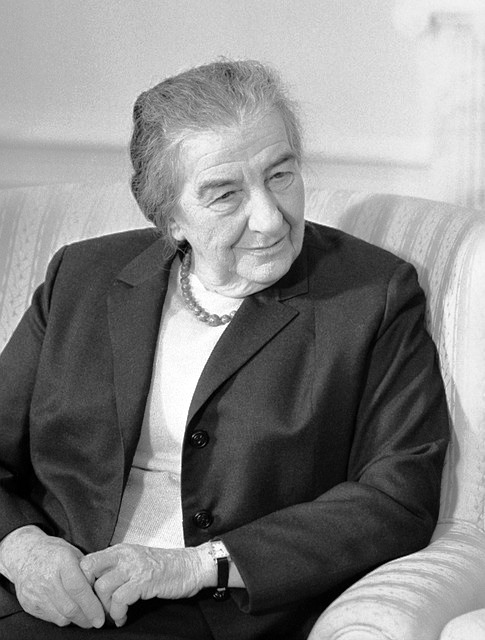
The eighth MEI Speaks held on 19 August 2020 was a book discussion by Professor Meron Medzini on his.....
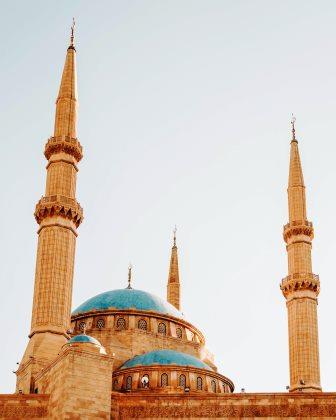
The fifth MEI Speaks held on 15 July 2020 was a talk on How Corruption Produced a Failed State in Le.....

The fourth online MEI Speaks held on 8 July 2020 was a talk on Israel’s Annexation Plans by Dr.....
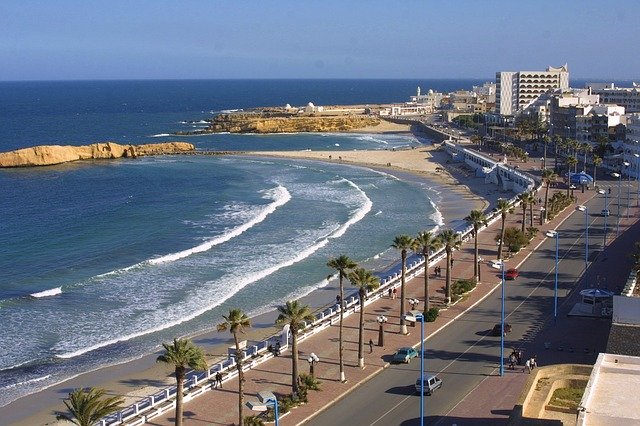
The third online MEI Speaks held on 1 July 2020 was a Discussion on Dr. Sean Foley’s Changing .....
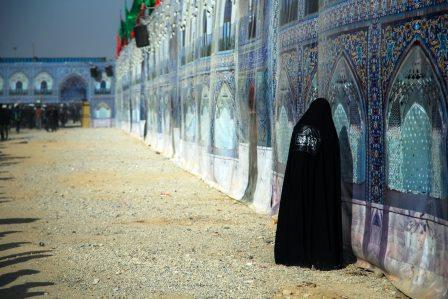
As part of MEI Speaks, the Middle East Institute (MEI@ND) organized its first online Book Discussion.....

As part of its outreach programme, on 10 June 2020, the Middle East Institute (MEI@ND) has lau.....
